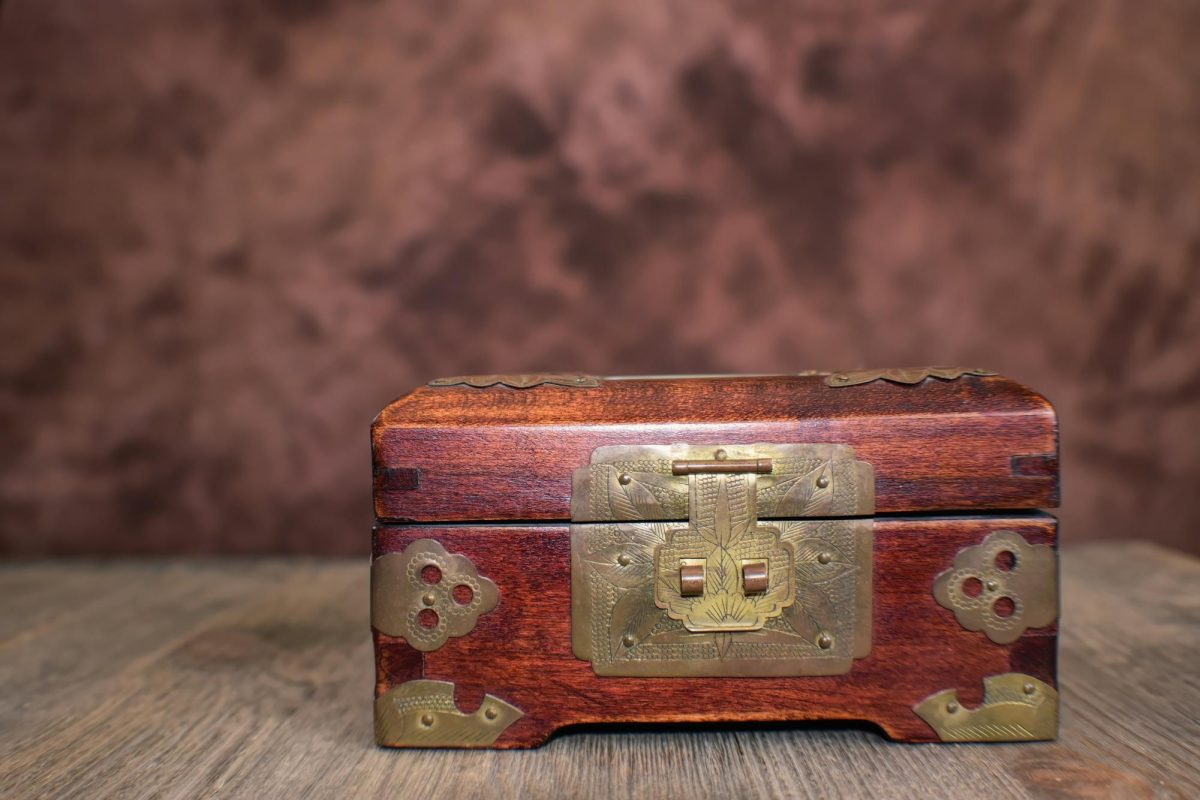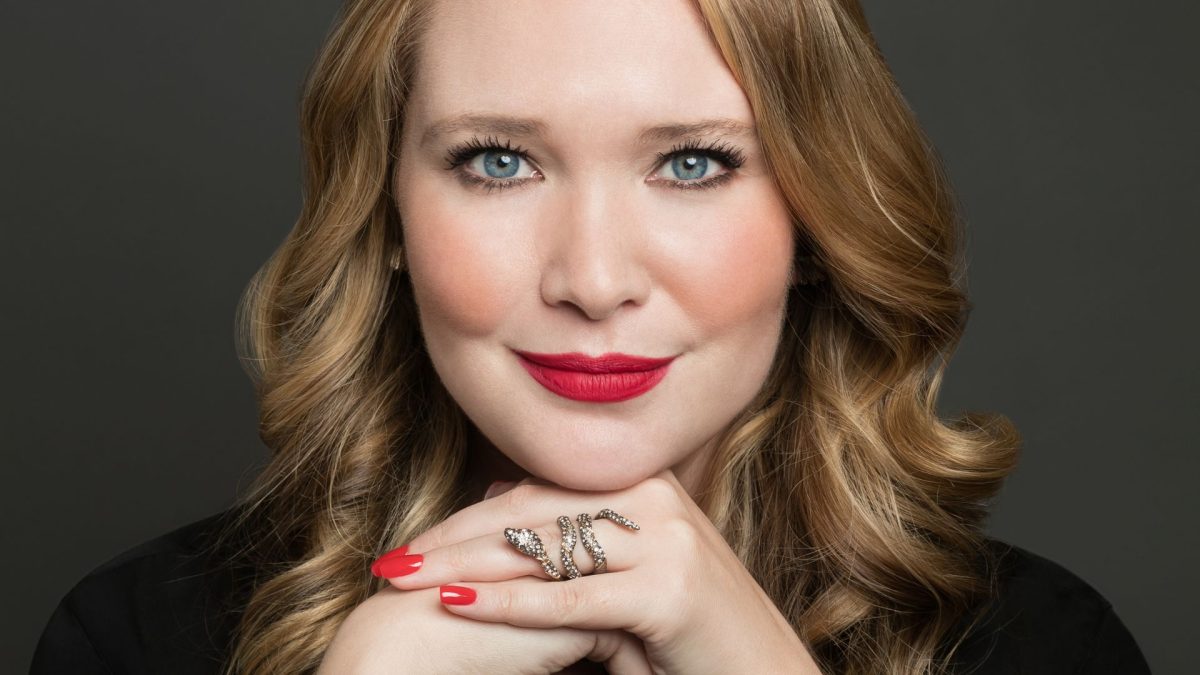The last thing to go, Carla thought as she struggled to push the old wooden hope chest across the threadbare carpet of her grandmother’s bedroom. Heavier than I thought, she mused as she strained to move it even a foot. If it wasn’t locked, I could empty it to move it. She took a deep breath and pushed harder than she planned, resulting in her collapsing onto the carpet. “Time for a break,” she declared. Apart from the trunk, the room was empty as was the rest of the house that Carla had lovingly known for her entire life as Grammy’s House. When her grandmother passed away three months ago, it had fallen upon Carla, the only grandchild and only relative, within 200 miles of the house, to empty the place and get it ready to sell. It would be disingenuous to say that Carla hadn’t resented having to take on that Herculean task, but her aging parents lived in Florida now and Grammy’s only sibling, Reverend Edgar Brighton, was 83 and lived in a retirement community in Kentucky. She had asked if any of them wanted any of Grammy’s things, but they were all at the point in their lives where they were not adding much to their possessions. Great Uncle Edgar had requested one item; the family Bible. Carla was happy to oblige, but before she wrapped it for shipping, she peeked inside to discover a family tree reaching back to Grammy’s parents’ wedding day in 1922. As she ran her finger over her grandmother’s lovely, old-fashioned penmanship she thought of what a sparse lineage it depicted, so many empty branches and there was her name, Carla Eileen, and her birthdate 34 years ago. Carla Eileen all alone out there on a solitary branch. She felt that aloneness deeply now. She sent the Bible off to Kentucky, vowing not to dwell on the past. Instead, Carla had spent the last three months fiercely focused on the task ahead.
Grammy’s outdated clothing had been packed and donated to Goodwill, as had the vast and varied collection of dinnerware, cutlery, and crystal. Carla thought she might keep certain pieces for herself, but when clearing the kitchen cabinets alone had taken her three weeks, she had become so frustrated and overwhelmed with the process that she moved determinedly through the rest of the rooms, disposing of everything. Paperwork was shredded. Furniture and ghastly artwork from the 1970s were dragged to the curb where it disappeared, almost magically, overnight. Grammy’s extensive collection of gaudy costume jewelry, five ice cream bucketsful, was given to Carla’s friend, Emile, a talented mosaic artist who had promised he would return a beautiful piece of tribute art to Carla featuring her grandmother’s jewelry. Carla had spruced up the small overgrown yard, but when she looked in the basement and surveyed the garage, she simply threw up her hands in the face of 50+ years of accumulation. She ignored her guilt about contributing more to landfills than was necessary and called one of those places where a couple of guys come over with a truck, load it all up and make it disappear. Everything else had been thrown in a dumpster sitting in Grammy’s yard for weeks, except for the last piece, Grammy’s locked hope chest.
Carla, exhausted by the grueling physical and emotional journey she was completing, realized that the job had successfully held her grief over the loss of her beloved grandmother in abeyance these last months. “Now what?” she asked the vacant house. Her voice fell flat and hollow in the empty room and the floodgates opened. Like a tsunami, the entire emotional impact of her situation crashed over her. “Oh, Grammy,” Carla cried. “What have I done? You’re gone. Everything is gone! I reduced your whole beautiful life to a half-filled dumpster on the curb.”
Regret and grief mingled in her heart until a full-blown panic attack enveloped her. She began a wild run through the desolate, now-unfamiliar rooms that had always been so full of Grammy’s life, colorful crochet work, soft furnishings, crisp linens, old books and the familiar scents of lilac talcum powder, molasses cookies, lemon furniture polish, and ever-present pots of black coffee. The house had formed a silent vacuum around Carla’s broken heart. The rattly, old refrigerator stood silent; unplugged. The ancient, upright piano upon which Grammy had played old songs every holiday was gone with the last truckful. Not one clock ticked. No floorboards creaked as friends and family moved about this house of memories and love. All was gone. All was silent. Nothing, not even a photograph left, Carla mourned. They must have all been in the basement, she thought. I should have gone through every box. Remorsefully, Carla returned to her grandmother’s bedroom to finish the job she was now ashamed of.
Carla sank to her knees beside the hope chest; tears spilling onto the old wood. “Help me, Grammy. Help me finish this. Help me unlock this chest.” Unlock, the word repeated in her mind. Carla held the key to Grammy’s house. It wouldn’t fit the trunk, but the keyring, a tiny fingernail clipper with a fold-out file on a chain, intrigued Carla. Tears brimming, Carla fumbled to wriggle the small file into the lock. “Please!” she whispered. She heard the lock give way. Redemption! Forgiveness. Hope! Carla dried her eyes on her sleeve, lest even one teardrop fall on the precious contents of the now open trunk … years of family photographs, journals, love letters, birthday cards, birth certificates, marriage licenses, beautiful family mementos all lovingly preserved with lilac-scented sachets and cedar chips. It was as if every leaf from her family tree had fallen into one glorious pile at her fingertips. “Thank you,” Carla breathed, as she realized in that moment that if she ever had to give up everything she owned, the beautiful, lilac-scented chest full of hope would be the last thing to go.









